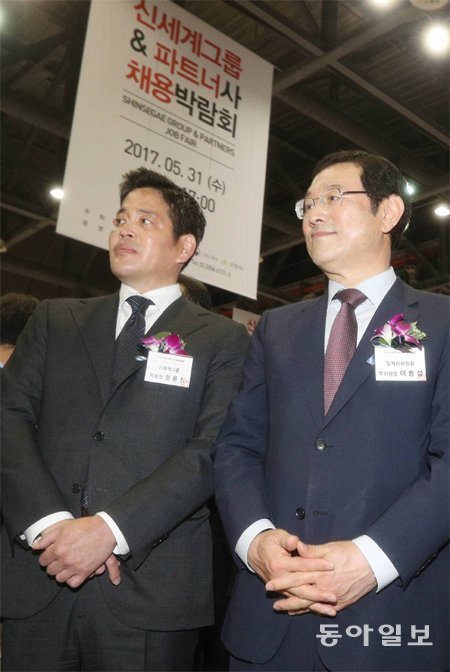E-mart announces its withdrawal from the Chinese market
E-mart announces its withdrawal from the Chinese market
Posted June. 01, 2017 07:16,
Updated June. 01, 2017 07:28

The exact date of withdrawal has yet to be decided since the remaining six stores in China have different contract periods. "We will be pulling out of China when the stores' respective lease contracts end," an Emart source said.
Emart ambitiously entered China in 1997 when it opened its first store in Shanghai. Emart accelerated its China entry when Chung was promoted to vice chairman in 2006., "While focusing in Korea to expand stores and lacking efforts in the China market, foreign retailers occupied good locations," Chung told reporters at the opening ceremony of the 11th E-mart store in 2008. "We plan to open 100 stores in China by 2014."
Chung opened 27 stores by 2010, but embarked on store restructuring in December that year. Emart was mired in chronic deficits as net losses amounted to 73.5 billion won (65.71 million dollars) in 2010 and 111.4 billion won (99.59 million dollars) in 2011. Since then, Emart started procedures to pull out from China. It did not extend Laoximen store in Shanghai when contract ended in March this year.
Some analysts say that E-mart's China withdrawal is to ensure internal health. Korea's No. 1 retailer has already launched structural reform including shifting business or selling some 10 underperforming stores in Korea. In addition, E-mart decided not to open new stores for the first time in 24 years.
At the event on Wednesday, Chung also spoke about the new government's job creation policy and potential regulations on the retail sector. On the conflicts between Shinsegae Department Store and small retailers in Bucheon, he showed willingness to continue the project by saying, "We will do our best if given the opportunity. We will wait if we have to." On the new government's potential regulation on complex shopping malls, the vice chairman said that Shinsegae will keep an eye on the evolving situation since there are no regulations made at the moment."
iamsam@donga.com







